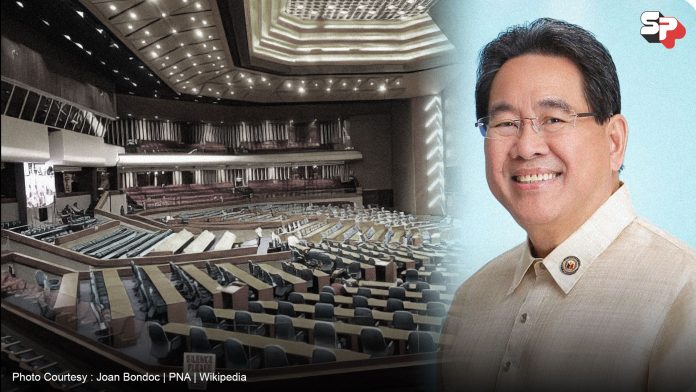MANILA – A lawmaker on Monday filed two measures seeking to amend the country’s espionage laws, introducing penalties for spying during peacetime and imposing heavier sanctions on various espionage-related activities.
Cagayan de Oro City 2nd District Representative Rufus Rodriguez filed House Bill (HB) 10983, which seeks to amend Article 117 of the Revised Penal Code to prohibit espionage “in times of peace or in times of war”, and House Bill No. 10988, which seeks to amend Commonwealth Act No. 616 to impose stricter penalties for espionage.
Rodriguez said the proposals aim to address concerns over potential foreign espionage threats, citing reports of spies operating within government offices, diplomatic communities, and even the private sector.
“We have to be wary of these Trojan horses, especially our compatriots who sell their souls and services to foreign interests,” Rodriguez said in a statement on Monday.
He said the “noose on spies” has to be tightened in light of the worsening conflict in the West Philippine Sea.
Rodriguez highlighted the case involving dismissed Bamban, Tarlac Mayor Alice Guo alleged to be a Chinese spy, although she has denied the accusations.
He further noted that the filing of the two bills was prompted by Defense Secretary Gilberto Teodoro Jr.’s call for amendments to the country’s espionage law.
“What is important now is that we penalize espionage during times of peace because the espionage law in the Philippines is only effective during times of war,” Teodoro said in a recent interview. “This is also a call to action to our lawmakers to amend the espionage law so that the government can properly respond and address this issue.”
In his explanatory notes, Rodriguez underscored the need to review and update the outdated espionage laws to “address evolving global security threats, technological advancements, and the changing nature of espionage activities”.
“The country faces numerous threats from foreign intelligence services, terrorist organizations, and cybercriminals,” Rodriguez said. “By enhancing penalties and updating definitions to align with contemporary security challenges, the legislation aims to bolster the Philippines’ ability to preserve and protect its national security interests.”
The penalties outlined under HB 10983 include prison correctional, which ranges from six months and one day to six years, for any person who, “without authority, enters a warship, fort, or naval or military establishment or reservation to obtain any information, plans, photographs, or other data of a confidential nature relative to the defense of the Philippine archipelago.”
Additionally, the same penalty would apply to any public officer who, “being in possession, by reason of the public office he holds, of the articles, data, or information referred to in the preceding paragraph, discloses their contents to a representative of a foreign nation.” A higher penalty would be imposed if the offender is a public officer or employee.
The proposed penalties under HB 10988 include life imprisonment and fines ranging from PHP500,000 to PHP2 million, depending on the severity of the offense. (PNA)

